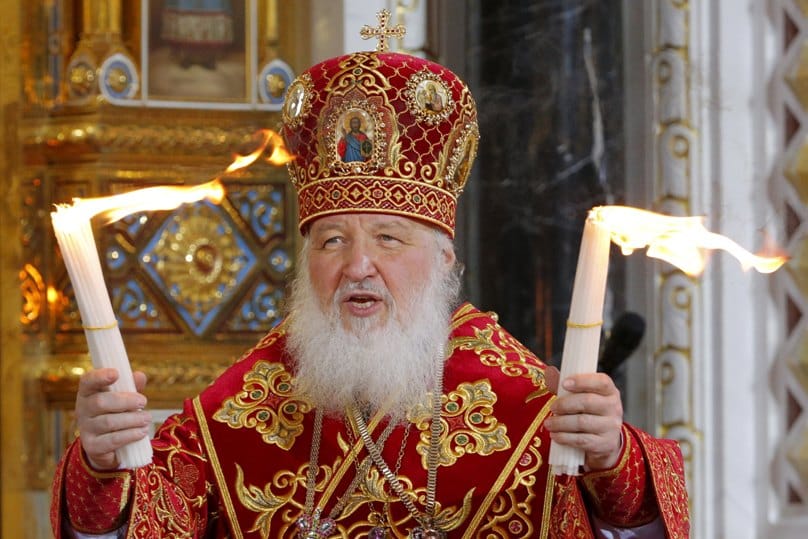
Dear Father, Why is it that the date for the Catholic celebration of Easter and that of the Orthodox are different and is anything being done to celebrate on the same day?
There is a very interesting history to your question. In the early Church in some places, especially the Roman province of Asia, the date of Easter was determined in conjunction with the Jewish feast of Passover, which was celebrated on the 14th day of the lunar month of Nisan, the day of the full moon.
Easter was celebrated on that day so that it could fall on any day of the week.
In other places, especially Rome and Alexandria, Easter was always celebrated on the Sunday following the Jewish Passover.
In the second century several synods were held to resolve the matter and, according to the early historian Eusebius, they all ruled in favour of celebrating Easter on a Sunday.
The Council of Nicaea in 325 determined, among other things, that the Church would no longer follow the Jewish calendar and that Easter was to be celebrated on a common day throughout the world.
The council did not say what that day was to be but at the time Easter was celebrated on a Sunday virtually everywhere.
In 725AD the English monk St Bede wrote that Easter was to be celebrated on the Sunday following the full moon which falls on or after the Spring equinox.
This is the formula that is now followed.
The equinox is the day twice a year on which the sun passes over the equator and so there are equal periods of day and night all over the world, hence the name equinox, or equal night.
While this day in the northern Spring can fall on 19, 20 or 21 March, to facilitate in advance the determination of the date of Easter the Church fixed it as 21 March and so Easter was always celebrated after that.
Since different formulas were used in different places to calculate the exact date of the full moon, it took some centuries before East and West were finally able to agree on a common date for Easter.
By the end of the eighth century the Christian world was united in its celebration, with Easter falling anytime between March 22 and April 25.
In 1582 that was to change. Until then the whole Roman world was following the Julian calendar, which had been introduced by the Emperor Julius Caesar in 46BC.
That calendar had a year of 365 days divided into 12 months, with an extra day added in February every four years. A year therefore had 365.25 days.
The calendar did not allow for the fact that the real astronomical year is a few minutes shorter than 365.25 days, even though this had been known since the time of the Greek astronomer Hipparchus, who died around 120BC. As a result the calendar gained about three days every four centuries compared to what was observed astronomically.
To correct this, Pope Gregory XIII in 1582 reformed the calendar, removing ten days, so that Thursday, 4 October, in the Julian calendar was followed by Friday, 15 October, in the new Gregorian calendar.
While the West on the whole adopted the Gregorian calendar, the Orthodox Christian Churches continued after 1582 to follow the Julian calendar. As a result their dates were initially 10 days later than those of the Gregorian calendar and at present they are 13 days later.
Another important difference between the Churches is that while the Catholic Church determines the day of the full moon and of the equinox by definition, not astronomically, most of the Eastern Churches follow the astronomical full moon and equinox as they occur in Jerusalem.
As a result, even though the Orthodox Easter is usually after the Western one, in some years it may coincide.
To agree on a common date, in recent years there has been dialogue between the Catholic Church, the Coptic Orthodox Pope, the Ecumenical Patriarch of Constantinople and the Archbishop of Canterbury. They have expressed the hope that a common date can be agreed upon relatively soon.
We can pray for this to come about, as a gesture of good will and as a step towards eventual reunion of at least some of these Churches with Rome.
